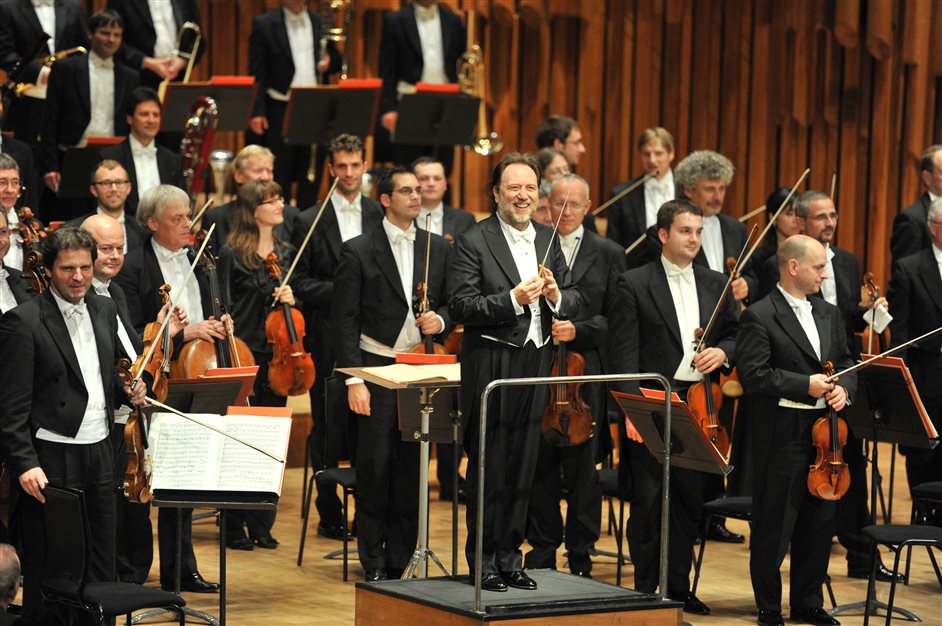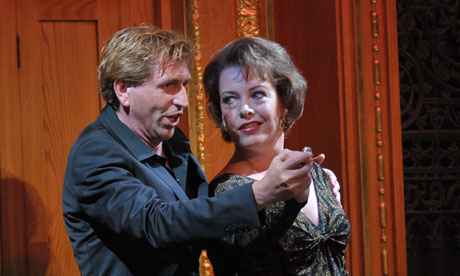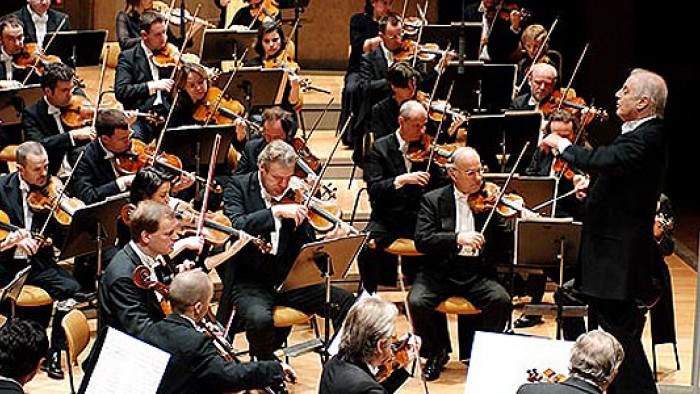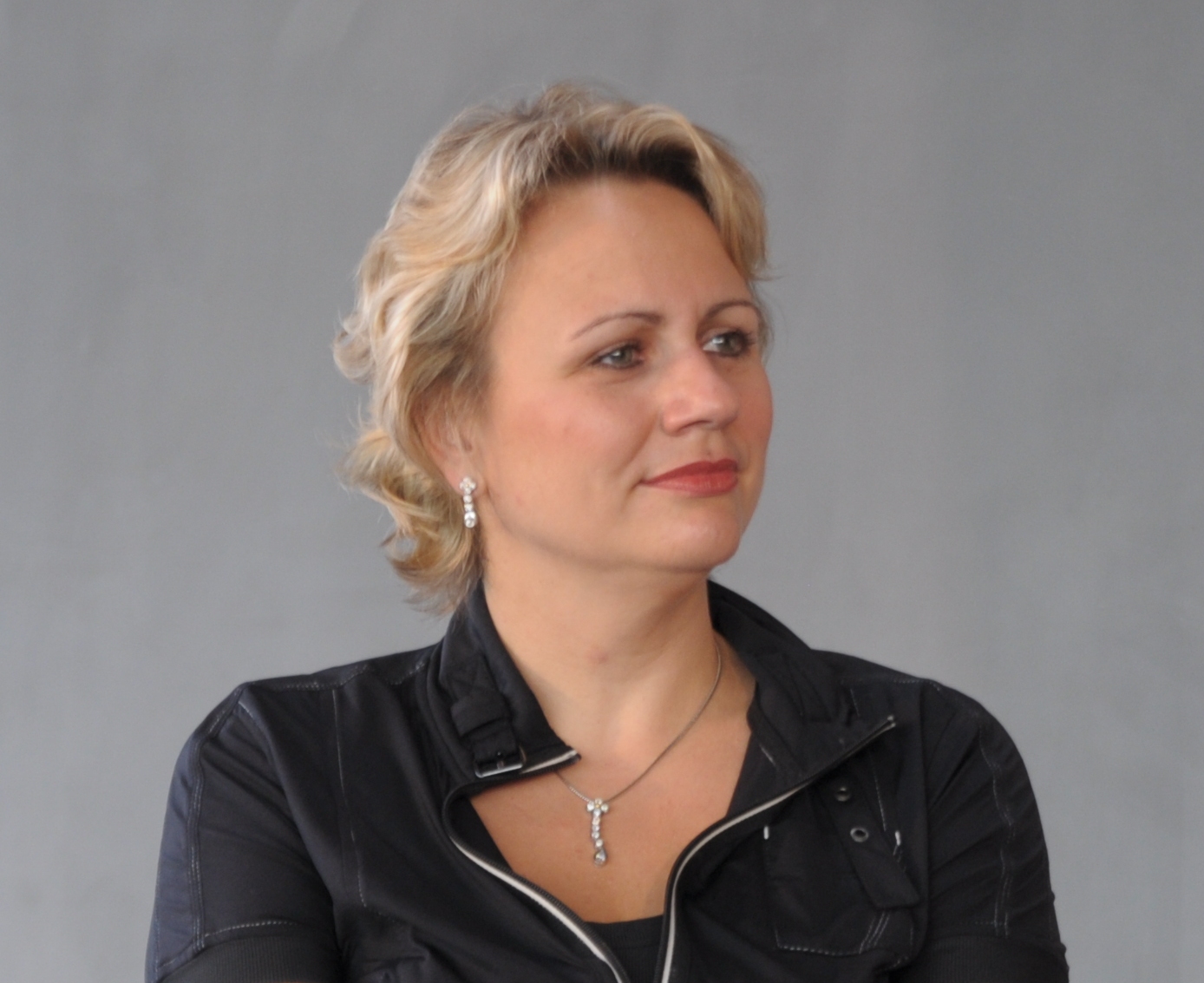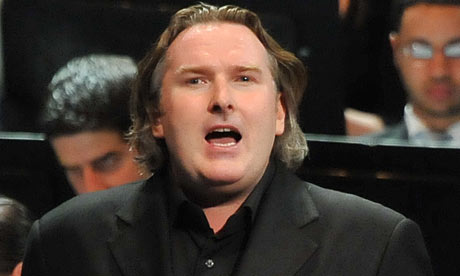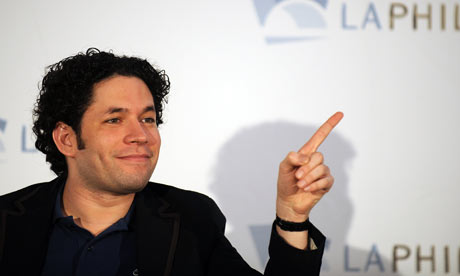Mozart String Quartet No. 19 in C, K 465 "The Dissonance"
Beethoven String Quartet in E flat major, Op. 127
Quatuor Mosaiques
18 November 2013, St John's, Spencer Hill, Wimbledon, UK
***************
The programme was a balanced one of Haydn, Mozart and Beethoven. One of the pleasures this enabled was witnessing the increased independence of the viola and cello as the evening progressed. The cello's fairly perfunctory contributions to the Haydn, blossomed into the eloquence of the Mozart. In the Beethoven the viola came alive.
 The concert served to underline three things. The first, was the marvellous balance between individuality and team-work of Quatuor Mosaiques. The luminous tone of their instruments and the mellow brilliance of Eric Hobarth's first violin the icing on the cake. Second, what a supreme masterpiece Mozart’s Dissonance Quartet is, overflowing with wit, beauty and emotional eloquence. Third, what a fine thing that the Wimbledon Music Festival, can present A-grade ensembles like this in attractive acoustics at reasonable prices. Bravo to all concerned.
The concert served to underline three things. The first, was the marvellous balance between individuality and team-work of Quatuor Mosaiques. The luminous tone of their instruments and the mellow brilliance of Eric Hobarth's first violin the icing on the cake. Second, what a supreme masterpiece Mozart’s Dissonance Quartet is, overflowing with wit, beauty and emotional eloquence. Third, what a fine thing that the Wimbledon Music Festival, can present A-grade ensembles like this in attractive acoustics at reasonable prices. Bravo to all concerned.






